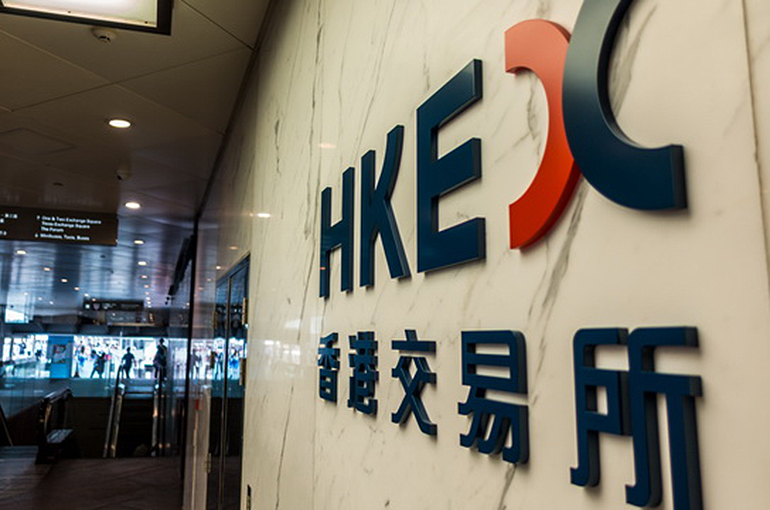 Hong Kong Bourse Says Yuan Share Trading to Start on June 19
Hong Kong Bourse Says Yuan Share Trading to Start on June 19(Yicai Global) May 22 -- The Hong Kong Stock Exchange has announced plans to introduce Chinese yuan share trading on June 19.
The launch of the HKD-RMB Dual Counter Model and the Dual Counter Market Making mechanism in the city’s securities market will enable investors to trade the shares of Hong Kong-listed companies in both Hong Kong dollars and yuan.
The dual-counter model involves setting up two counters in the Hong Kong market to trade Hong Kong dollar and Chinese yuan stocks separately, allowing investors to freely switch across counters to narrow the spread.
In its announcement on May 19, the bourse indicated that only securities designated by the exchange with dollar and yuan counters are “two-counter securities.” The list will be published on the HKEX website, it added.
It is reported that the exchange first proposed the mechanism last December to further support the listing, trading, and settlement of yuan counters in Hong Kong Special Administrative Region. Since then, many Hong Kong-listed companies have successively applied to set up additional yuan counters.
About 23 companies have applied for the trading counter of yuan-denominated stocks, including internet giants like Tencent Holdings, Baidu, JD Health, Alibaba Group Holding, and financial stocks such as Hang Seng Bank and Ping An Group. In general, it is dominated by stocks with large market capitalizations, active trading, and high liquidity.
The HKEX also provides stamp duty reduction or exemption for double-counter market makers to provide liquidity and minimize price differences between Hong Kong dollar and Chinese yuan counters.
Industry insiders told Yicai Global that the two-counter model is not only convenient, but also reduces exchange rate risks. Previously, investors had to bear the risk of changes in the exchange rate, especially when the global financial environment was volatile and the rate fluctuated sharply. This led to large gains or losses.
Guosen Securities pointed out in a research report that the dual-counter model is the first time that such a bi yuan-denominated stock transaction has been conducted in overseas markets. This will help expand the channels of two-way cross-border capital flow of the yuan, enhance the liquidity of Hong Kong’s offshore yuan market, and consolidate Hong Kong’s position as the center of the offshore yuan market.
Business development depends on yuan’s internationalization, noted Xu Kang, Hua Chuang Securities’ chief analyst. With improvement in the yuan’s status in international trade, supply in the offshore yuan market may rise significantly, driving the dual-currency trading model.
Editors: Shi Yi, Peter Thomas